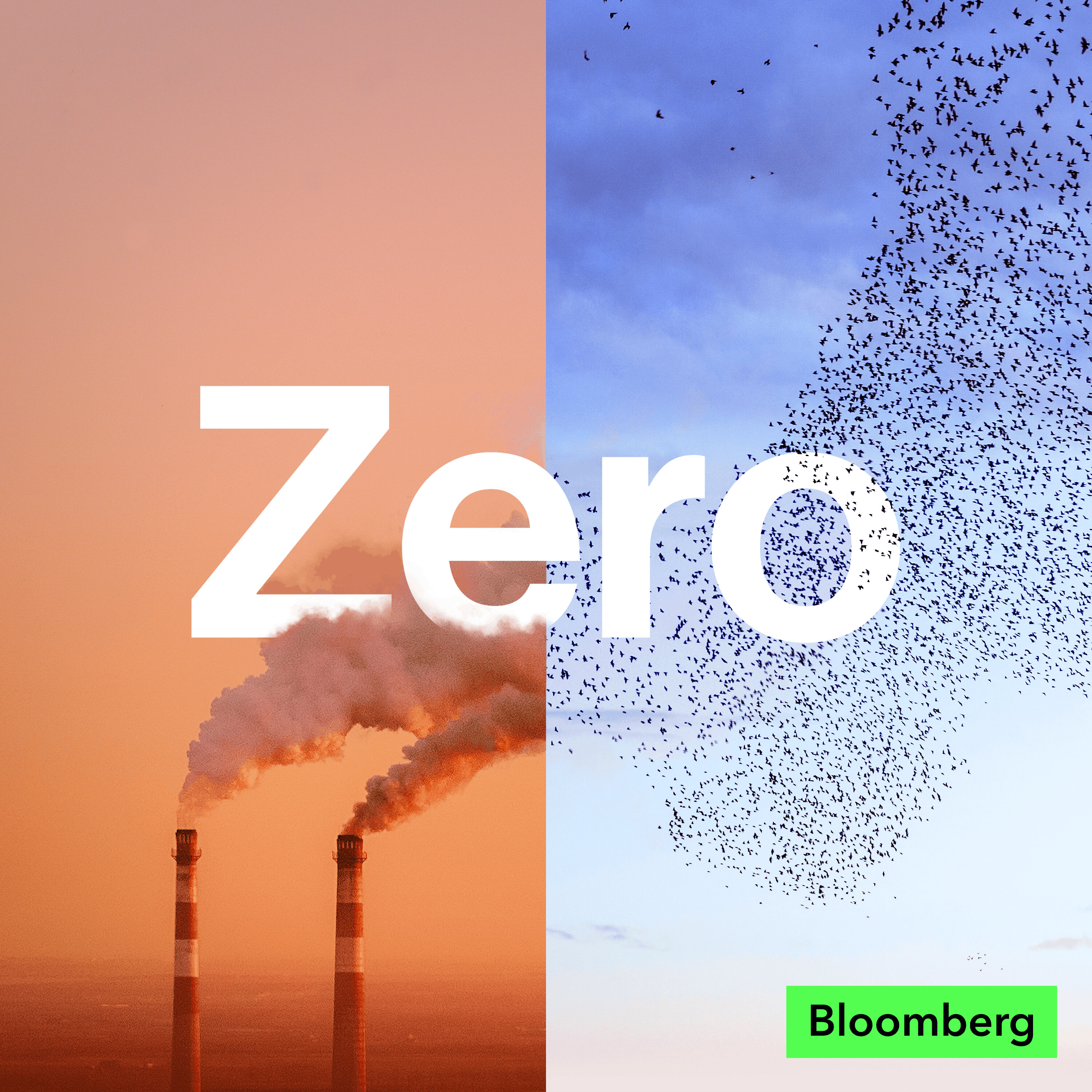Why Hollywood A-listers are rushing to star in climate shows
Description
How do you turn climate change into compelling TV? What scenarios do you draw on? And how do you make sure a call for climate action isn’t lost to a feeling that a dystopian future is inevitable?
When Extrapolations premiered in March, it became one of the first major TV shows to put climate change at the core of its narrative. Packed with A-list actors like Meryl Streep, Kit Harington and Sienna Miller, Extrapolations begins in a not too distant 2037. The world feels all too familiar, and with each episode the temperature becomes a little bit hotter, and the impacts of climate change a little bit worse. The planet is less hospitable, but humanity remains much the same.
This week on Zero*, host Akshat Rathi interviews Extrapolations writer and executive producer Dorothy Fortenberry about the growing demand for climate stories, how reality is overtaking the premise of the show, and how choices made this decade will impact the next.
(*this interview was recorded before the ongoing Hollywood strike action)
Read more:
Apple TV’s futuristic climate show is already coming true
NRDC Rewrite the Future
Zero’s interviews with Kim Stanley Robinson and Amy Westervelt
Zero is a production of Bloomberg Green. Our producer is Oscar Boyd and our senior producer is Christine Driscoll. Special thanks to John Fraher, Meg Szabo and Kira Bindrim. Thoughts or suggestions? Email us at [email protected]. For more coverage of climate change and solutions, visit https://www.bloomberg.com/green
See omnystudio.com/listener for privacy information.
More Episodes
Five years ago, the Green Party celebrated its best-ever results in European elections, ushering in a new era of legislative progress But Covid-19, inflation, supply chain woes and Russia’s war in Ukraine stalled its ambitions. Now, in the face of lagging poll numbers, Dutch Member of European...
Published 05/09/24
Published 05/09/24
Africa currently loses between $7 billion and $15 billion a year because of climate change. If that trend continues, the sum could reach $50 billion by 2030. But African Development Bank President Akinwumi Adesina sees a way forward. He describes the financial instruments the bank is using to...
Published 05/02/24


